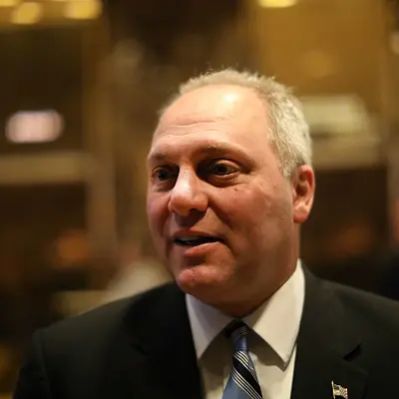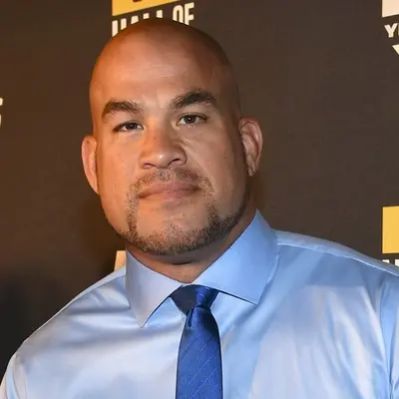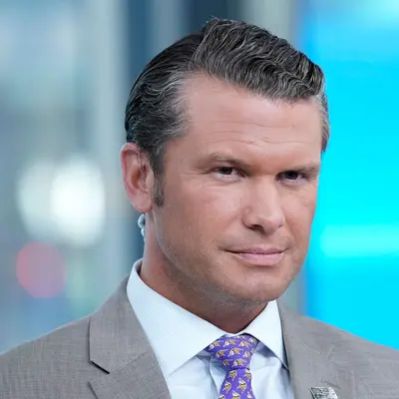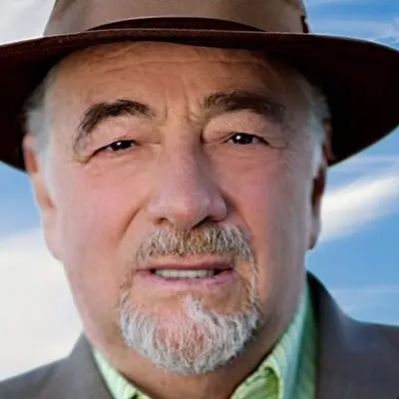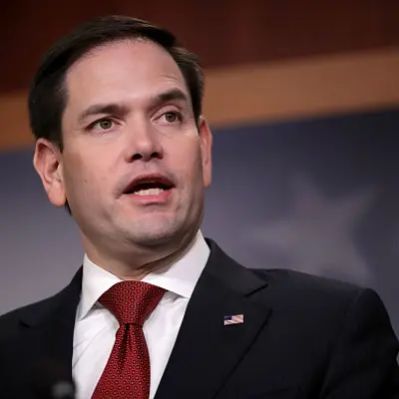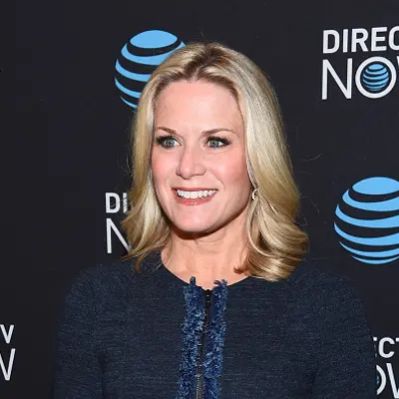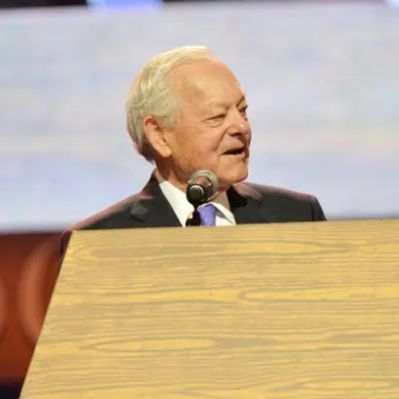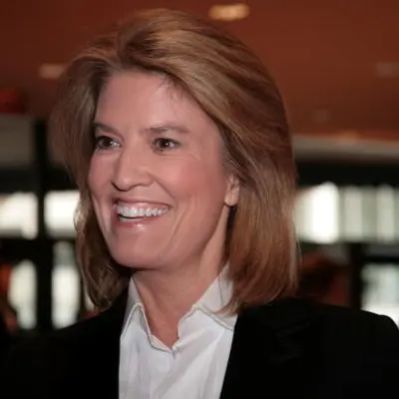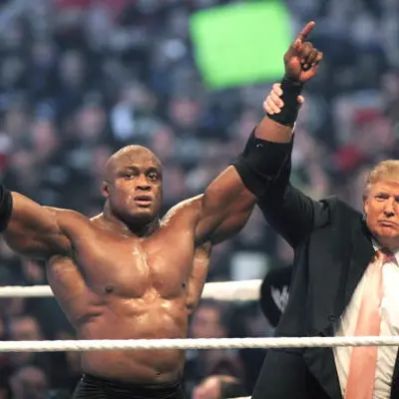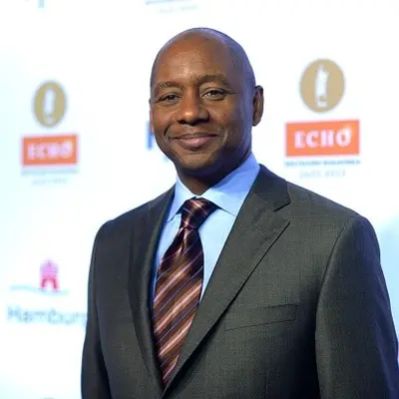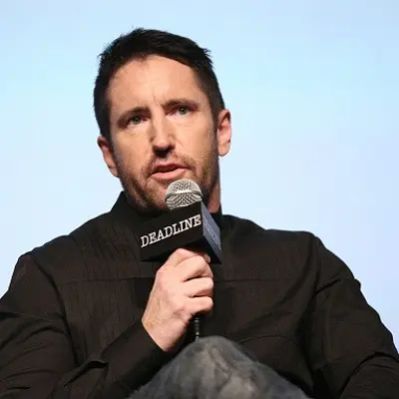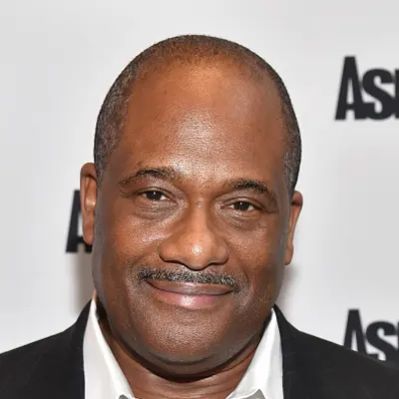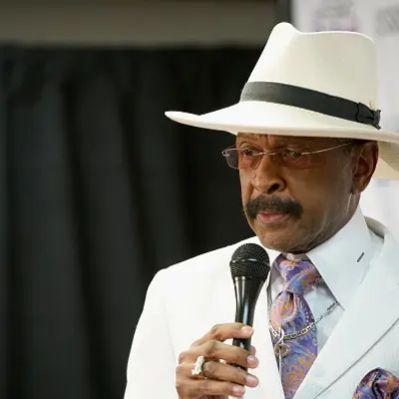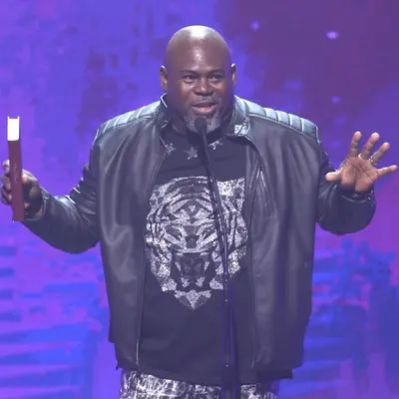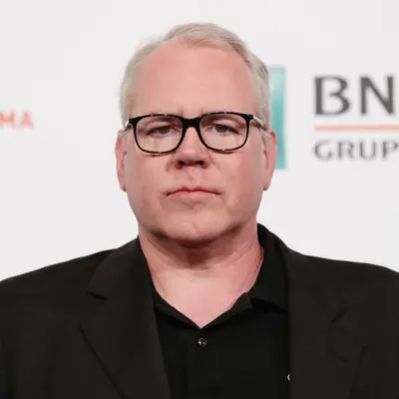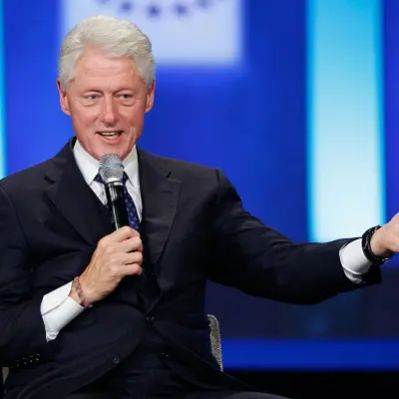What Is Steve Scalise’s Net Worth?
Steve Scalise, a prominent figure in American politics, has a net worth that is estimated around $100,000. His financial situation has been a topic of interest, especially considering the wealth often associated with long-term political careers. However, throughout his time in office, Scalise has, at times, been considered among the more financially modest members of Congress.
Financial Disclosures and Net Worth Fluctuations
In 2015, a financial disclosure revealed that Steve Scalise’s net worth was actually in the negative, around -$670,000. This figure reflects a period where his liabilities outweighed his assets. More recently, disclosures have estimated his net worth at a minimum of about $50,000, indicating a significant recovery from the earlier deficit.
Early Life and Education
Born on October 6, 1965, in New Orleans, Louisiana, Steve Scalise is the son of Alfred Joseph Scalise and Carol Schilleci. He grew up with his siblings, Glenn and Tara. His father was a real estate agent. Steve’s great-grandparents immigrated from Italy to the United States in the late 1800s.
Scalise attended Archbishop Rummel High School in Metairie, Jefferson Parish, where he completed his secondary education. He then went on to Louisiana State University (LSU), where he pursued a Bachelor of Science degree. His major was computer science, and he also minored in political science, laying the groundwork for his future career in politics. During his time at LSU, Scalise was a member of the Acacia Fraternity, engaging in campus life and building connections that would prove valuable in his later endeavors.
Early Political Career in Louisiana
Steve Scalise began his political journey in Louisiana in 1995. When then-state representative Quentin Dastugue ran for Governor, this created a vacancy in the Louisiana House of Representatives. The Republican Party recruited Scalise to run for the seat, and he successfully won the election. He was subsequently reelected to the same seat in 1999 and 2003, serving until 2007. During his tenure in the Louisiana House of Representatives, Scalise gained experience in legislative processes and built a foundation for his future career in national politics.
In October 2007, Scalise was elected in the nonpartisan blanket primary to the District 9 seat in the Louisiana Senate. This occurred after the seat was vacated by Ken Hollis, who was term-limited. The same year, Bobby Jindal was elected as the Governor of Louisiana. This created a vacancy in Jindal’s U.S. House of Representatives seat. Scalise announced his intention to run for the seat and received backing from the Republican Party. He was sworn into the U.S. House of Representatives on May 7, 2008, after defeating Democrat Jim Harlan. In 2010, he won his reelection bid after defeating opponents Myron Katz and Arden Wells. His successful transition from state to national politics marked a significant milestone in his career.
Tenure in the U.S. House of Representatives
Since entering the U.S. House of Representatives, Steve Scalise has been actively involved in various committees and caucuses. He has been a member of the Committee on Energy and Commerce and the Subcommittee on the Coronavirus Crisis. His involvement in these committees reflects his focus on key national issues such as energy policy, healthcare, and economic stability. Scalise has also been a part of the Congressional Western Caucus and the Republican Study Committee, aligning himself with groups that share his political ideologies. In 2011, Scalise co-sponsored the Stop Online Piracy Act (SOPA), demonstrating his stance on intellectual property rights. In 2013, he voted against the reauthorization of the Violence Against Women Act, a decision that drew attention and debate. The same year, Steve sponsored a bill called the FCC Consolidated Reporting Act, which aimed to streamline the reporting processes of the Federal Communications Commission (FCC).
In 2014, Steve Scalise became the House Majority Whip when the Republicans gained control of the House of Representatives. This role placed him in a key leadership position, responsible for maintaining party discipline and ensuring that Republican priorities were advanced in the legislative agenda. As Majority Whip, Scalise played a crucial role in shaping legislative outcomes and influencing policy decisions. His ascent to this position underscored his growing influence within the Republican Party and his ability to navigate the complexities of congressional politics. His responsibilities included tracking legislation, mobilizing votes, and communicating the party’s message to both members of Congress and the public.
2017 Shooting Incident
In June 2017, Steve Scalise and three other people were shot and wounded by James Hodgkinson, a left-wing extremist with a history of violence, who opened fire during a baseball practice of the Republican team for the annual Congressional Baseball Game. Scalise was the only member of Congress to be hit, sustaining a gunshot wound to the hip. His injuries were severe, including fractured bones, injured internal organs, and significant blood loss. He remained in critical condition for several days following the shooting. Three days after the incident, Scalise’s condition stabilized, though he remained in critical condition. He did not return to the U.S. House of Representatives until September 28th, marking a long recovery period. The shooting incident brought national attention to the issue of political violence and the safety of elected officials.
House Minority Whip and Continued Political Activities
After the Republicans lost their majority in the 2018 House of Representatives elections, Steve Scalise was elected as House Minority Whip. He worked alongside Kevin McCarthy of California, who served as the Minority Leader. Scalise assumed his position in January 2019. In this role, he continued to play a crucial part in shaping Republican strategy and messaging within the House. Following the 2020 Presidential election, which Donald Trump lost to Joe Biden, Steve Scalise voted to decertify President-elect Biden’s victories in Arizona and Pennsylvania. This decision aligned him with those who questioned the integrity of the election results. In February 2021, more than a month after Biden’s inauguration, Scalise declined to acknowledge that the election was not stolen or fraudulent. In October of the same year, during an interview on Fox News, he again refused to acknowledge Donald Trump’s loss, maintaining his stance on the election’s legitimacy. His actions and statements reflect his alignment with a segment of the Republican Party that has continued to dispute the outcome of the 2020 election.
Political Stances and Ideologies
Throughout his career, Steve Scalise has consistently adhered to a traditionally conservative viewpoint on many issues. He opposed the Affordable Care Act and is an opponent of gun control. Following the shooting at the baseball practice, he reiterated that new gun laws would not address the root causes of gun violence in the United States, but rather would restrict the rights of law-abiding citizens to own firearms. He has described the Second Amendment as unlimited.
Scalise also opposes the legalization of marijuana, which he considers a gateway drug to other substances. He has consistently opposed same-sex marriage and generally opposes policies and laws protecting the rights of LGBT people. Additionally, he has rejected the scientific consensus on climate change. His political positions reflect his conservative values and his alignment with the Republican Party’s platform on a range of social and economic issues.
Personal Life and Health
Steve Scalise married Jennifer Ann Letulle on March 19, 2005. Together, they have two children. The family is Roman Catholic and resides in New Orleans. In August 2023, Scalise announced that he had been diagnosed with multiple myeloma. He stated that the cancer was detected early and was considered very treatable. In September of that year, he returned to work after beginning chemotherapy treatments. He completed his chemotherapy treatments in December, marking a significant milestone in his battle against cancer. His openness about his health challenges has been met with support from colleagues and the public.
 Net Worth Ranker
Net Worth Ranker
